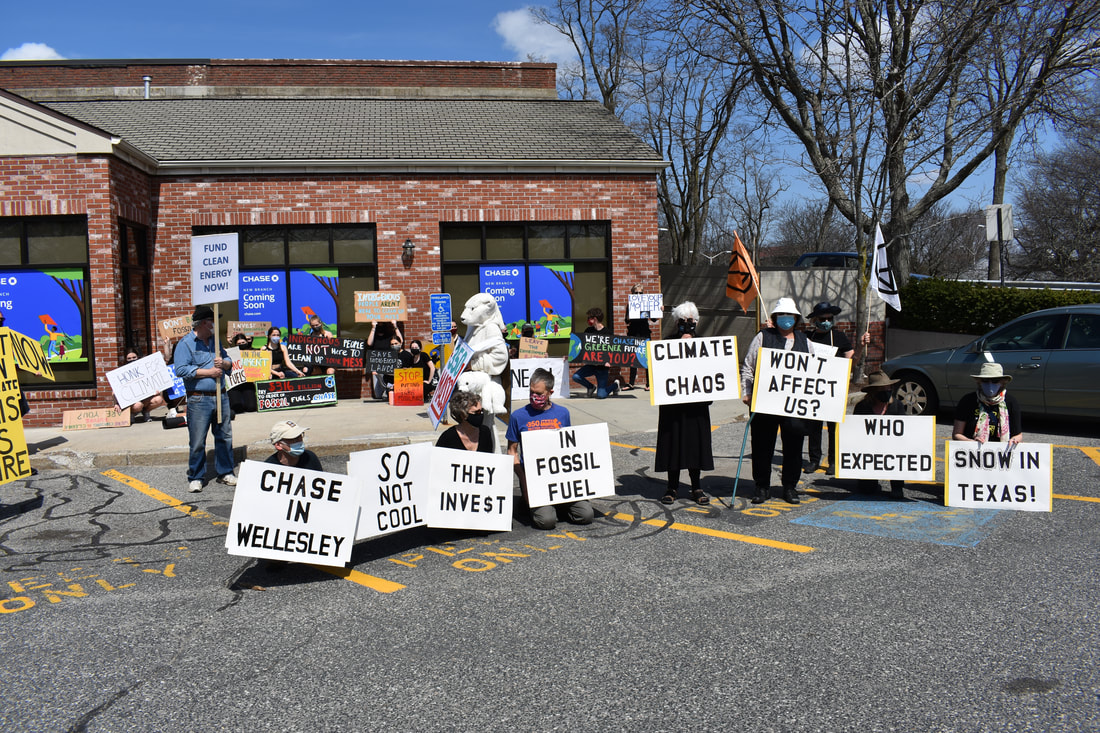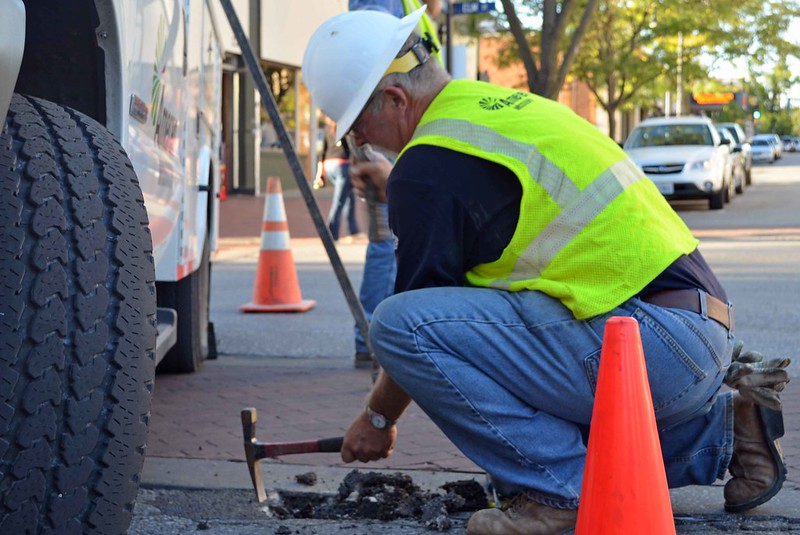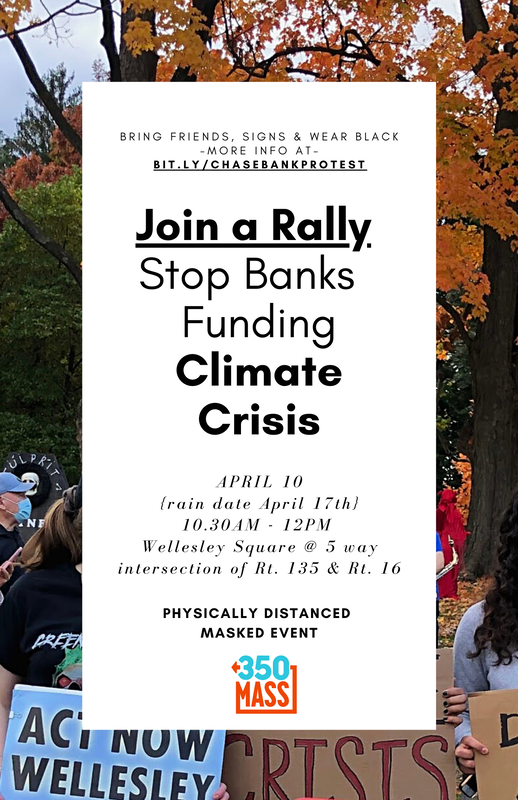|
New, Updated Gas Leaks Map shows Wellesley still has 250 unrepaired pipeline leaks, emitting a whooping 91 MT of methane (natural gas).
This puts Wellesley in the state’s top 11 emitters of methane, with the other 10 being much larger cities & towns: Worcester, Weymouth, Quincy, Newton, Medford, Lynn, Dorchester, Brookline, Arlington and Boston. Methane has more than 80 times the climate warming power of carbon dioxide during the first 20 years after it reaches the atmosphere. Leaky, corroded pipes run all over under our town and the entire state. The estimated cost to repair all if these pipes is enormous, at the ratepayers’ expense. Despite the fact that 70 pipe lines have been repaired in Wellesley so far, it seems even more leaks have sprung anew. It’s time to stop using “natural “ gas for our heating and cooking. Gas is unhealthy, dangerous, costly (we are paying for all those leaks!), and bad for the environment. Consider going electric! Email us to learn more!  Did you hear the honks and see the signs? Last Saturday, more than 50 high school and college students and adults of all ages bookended Wellesley Square at the former Peet’s Coffee site where Chase Bank will soon open. The goal was to have a presence at the main access points of the Square and the Chase site to alert bikers, walkers, runners and drivers of the huge impact that the banking industry has on our climate crisis and its environmental justice implications. “A new Chase Bank branch will be moving into where Peet’s Coffee was and we felt we would use this opportunity to raise awareness about the fact that JPMorgan Chase Bank provides far more overall funding worldwide for both current and new fossil fuel projects than any other bank in the world,” said Sydney Stearns, Wellesley College Sophomore. “Even though the fossil fuel sector is only a small percentage of Chase's portfolio, any funding to this industry is problematic for the future of our planet,” Stearns said. Other banks in town scoring low on the corporate social and environmental responsibility list due to fossil fuel financing include Citi, Wells Fargo, Bank of America, RBC, and TD Bank. In spite of the severe warnings from climate scientists and worldwide agreements for lowering carbon emissions in the 2016 Paris Climate Accord, Chase has since funded the carbon-polluting fossil fuel industry with more than $268 billion. Fossil fuels, especially from tar sands, are a major cause of climate chaos. “This is part of a national campaign to hold Chase accountable for its complicity in the climate crisis,” said Natick High School student and member of the Sunrise Movement Hannah Takasaki. “We encourage anyone reading this to keep the pressure on until Chase completely stops funding the climate crisis by writing a review to tell Chase to fund a sustainable future. Since they are not alone at profiting at the expense of the environment, and often negatively impact communities of color the most, consider where you bank and which credit cards you hold,” Takasaki said. The 350 Metrowest and Northern 350 organizers felt they had such an impact that they have decided to do it again on Saturday, April 17th and April 24th from 10.30-12pm. The organization is asking the community to learn more, share their knowledge and consider cutting up credit cards, closing accounts and selling shares of banks that support activities that fuel the climate crisis. Local community groups and individuals are encouraged to attend with masks and keeping physical distances. Meet at Wellesley Square @ 5-way Intersection of Rt. 135 & Rt. 16. On April 10th from 10.30am - 12pm, local climate groups led by 350MASS MetroWest are joining together with citizens of all ages in Wellesley Center to make the MetroWest community aware of the huge impact that the banking industry has on climate crisis and environmental justice. All are welcome to join the rally, specifics are here.
“As a new Chase Bank prepares to open for business in Wellesley, it is an ideal time to let passersby know that JPMorgan Chase Bank provides far more overall funding worldwide for both current and new fossil fuel projects than any other bank in the world,” said Rick Devereux, 350MASS MetroWest. Other banks in town scoring low on the corporate social and environmental responsibility list due to fossil fuel financing include Citi, Wells Fargo, Bank of America, RBC, and TD Bank. In spite of the severe warnings from climate scientists and worldwide agreements for lowering carbon emissions in the 2016 Paris Climate Accord, Chase has since funded the carbon-polluting fossil fuel industry with more than $268 billion. Fossil fuels, especially from tar sands, are a major cause of climate chaos. “Banks are making profits at the expense of the environment and their policies often negatively impact communities of color the most,” said Wellesley College student Suzanna Schofield. The good news is that the fossil fuel sector is only a small percentage of Chase’s portfolio, so the option to stop its support is within reach. The demonstrators will be asking the community to learn more, share their knowledge and consider cutting up credit cards, closing accounts and selling shares of banks that support activities that fuel the climate crisis. Masks and physical distancing required. Rain date April 17th. |
Categories
All
|
Sign up for updates! |
Contact |
Support us! |
Follow us!Copyright © 2024 By Sustainable Wellesley
|




 RSS Feed
RSS Feed